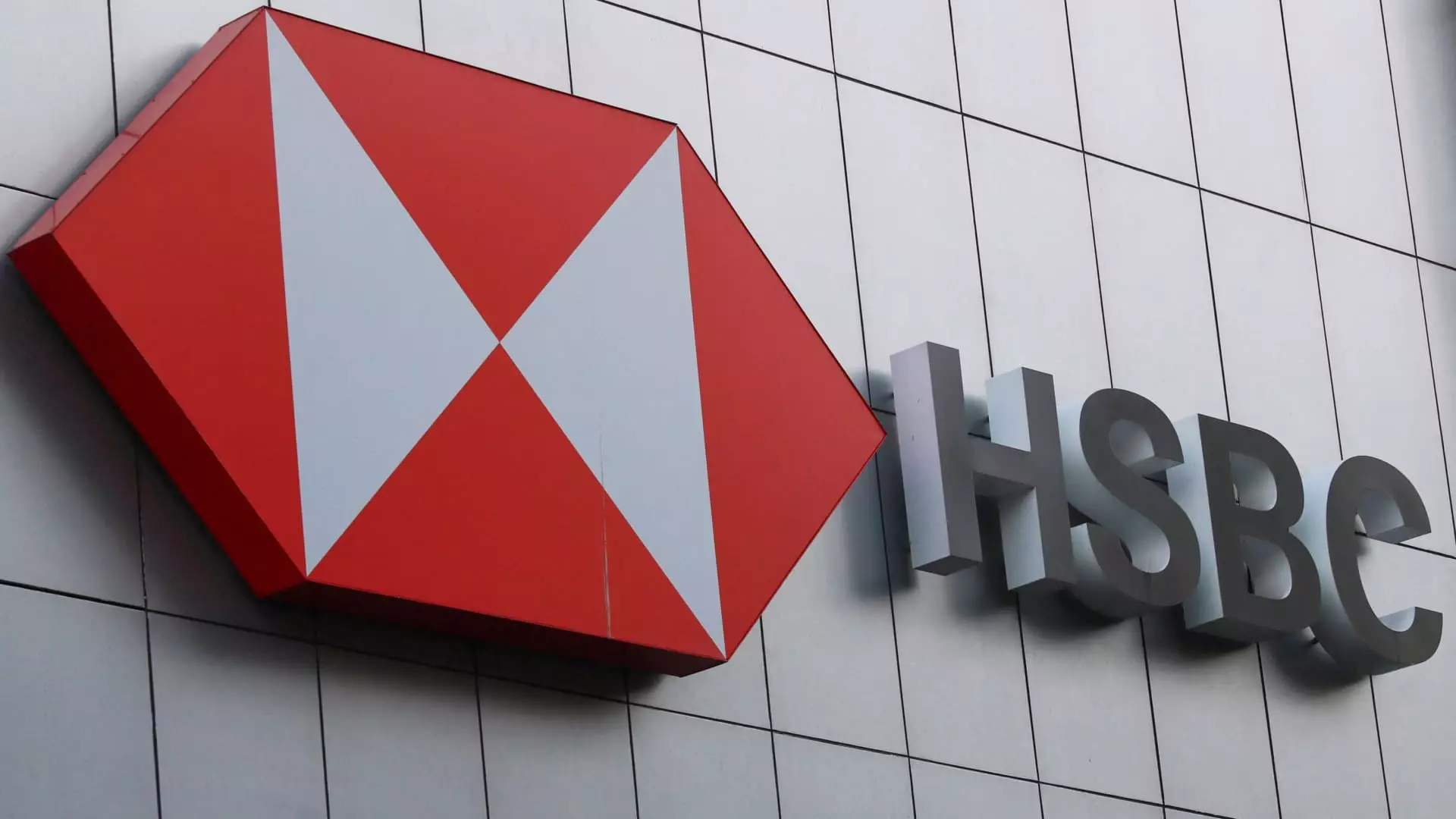In a notable move that reflects its commitment to enhancing shareholder value, HSBC, Europe’s largest bank, has announced a share buyback program totaling up to $2 billion. This decision comes on the heels of a 6.5% increase in its annual pre-tax profit, attributable in part to the sale of its banking operations in Canada. However, while for the full year the bank reported revenues of $65.85 billion, a slight dip from $66.1 billion in 2022, the results revealed mixed outcomes when pitted against market expectations.
By examining the year-end figures, it is apparent that HSBC’s pre-tax profit of $32.31 billion was marginally below the consensus forecast provided by LSEG, which anticipated a pre-tax profit closer to $32.63 billion. The bank’s revenue, similarly, fell short of expectations, creating a scenario where HSBC managed to exceed its own internal estimates but did not meet broader market anticipations.
Focusing on the fourth quarter, HSBC displayed a remarkable recovery, with its profit before tax nearly doubling to $2.3 billion year-over-year. This increase is particularly notable given last year’s substantial impairment charge of $3 billion that heavily impacted performance during the same period. However, the revenue for the fourth quarter dropped by 11%, emphasizing mixed signals regarding HSBC’s overall financial health.
Looking ahead, HSBC has committed to completing its share buyback by the close of the first quarter of 2025, a timeframe that aligns with the broader market’s predictions. Analysts like Michael Makdad from Morningstar view the proposed cost-cutting measures—targeting reductions of around $1.5 billion by 2026—as a favorable approach to streamline the bank’s operations.
The release of these fiscal results marks a significant point for HSBC, as it represents the first full year under the leadership of CEO Georges Elhedery. Following Noel Quinn’s retirement, Elhedery has undertaken a reorganization strategy that seeks to align HSBC’s divisions into four main units, a step that is expected to sharpen focus and operational efficiency. This restructuring will not only foster clearer market strategies but also aims to generate substantial cost reductions, projected at approximately $300 million by 2025.
Recent reports indicating the dismissal of around 40 investment bankers in Hong Kong raise concerns about the impact of these shifts on employee morale and departmental focus. Notably, sectors such as M&A, consumer goods, and real estate have experienced the most significant cuts.
As the financial landscape continues to evolve, HSBC’s strategic decisions reflect an adaptive approach to market challenges. The bank’s commitment to fostering a more agile organization that leans on its core strengths is palpable in its restructuring efforts. However, investors will be keenly monitoring how these changes translate into sustained profitability and whether the anticipated cost savings will adequately quell shareholder concerns.
The recent fluctuations in Hong Kong-listed shares, which dipped by 0.29%, serve as a reminder of the delicate balance banks must maintain between aggressive strategies and shareholder assurance. Overall, HSBC’s future trajectory will hinge on its ability to navigate these complexities while remaining committed to delivering on both financial performance and shareholder expectations.

